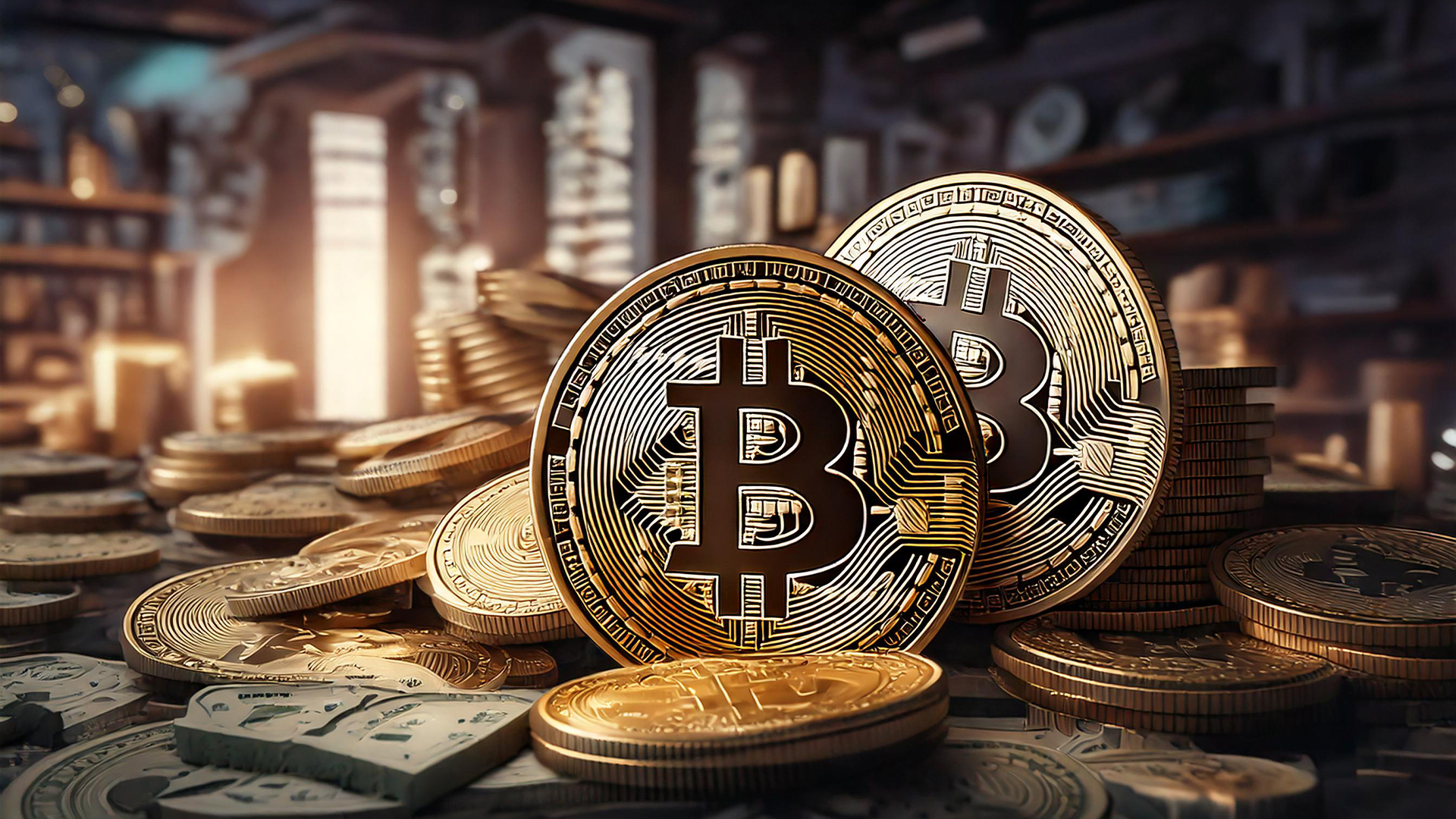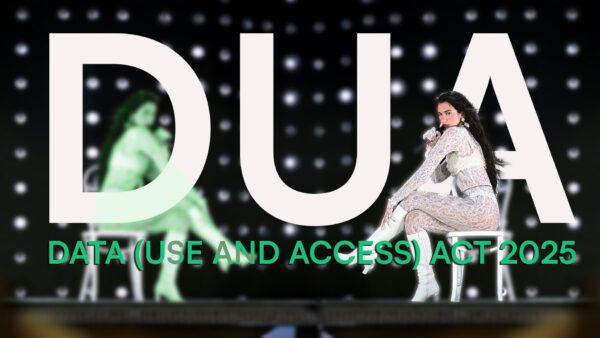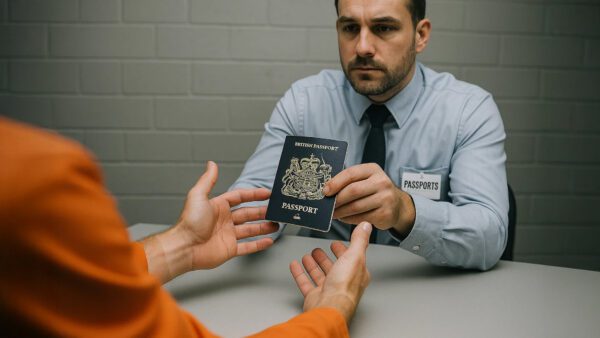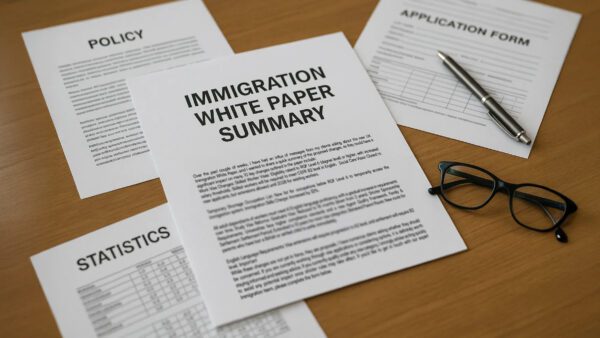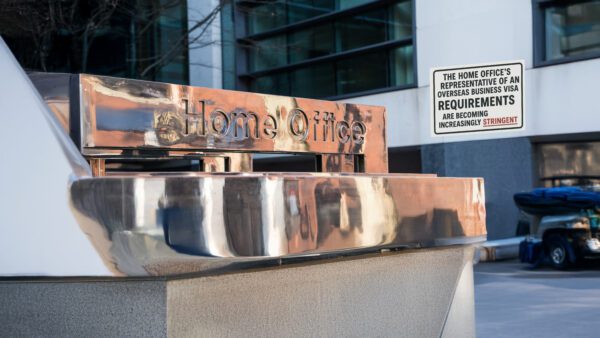Most people in their daily lives do not pay attention to the law of personal property in England and Wales. However, for those of us who do, the parliamentary progress of the Property (Digital Assets etc) Bill has been a source of some excitement. The Bill is a welcome clarification of the law in this area, but at first glance its impact isn’t obvious. This blog therefore considers why the Bill was introduced, what it does, and what it does not do.
Short But Sweet
The Property (Digital Assets etc) Bill runs a total of two sections. The first section reads simply: “Objects of personal property rights
A thing (including a thing that is digital or electronic in nature) is not prevented from being the object of personal property rights merely because it is neither—
- a thing in possession, nor
- a thing in action.”
The second section limits the impact of the change to England and Wales, and Northern Ireland.
But Why?
For those not familiar with the details of English property law and recent debates around digital assets, this might at first glance seem like quite a puzzling provision. However, in the context of the current state of the law, it makes a lot of sense.
Essentially, the Bill sets out to override a famous statement by Fry LJ in the 1885 case of Colonial Bank v Whinney: “All personal things are either in possession or action.” This itself might require some translation. By ‘personal things’ Fry LJ was referring to the division in English property law between ‘real property’ (i.e. land and buildings) and ‘personal property’ (i.e. everything else). He was saying that personal property included ‘things in possession’ (i.e. tangible property, that you can physically possess) and ‘things in action’ (i.e. legal rights that you can enforce against another person, such as a debt), but nothing else.
In 1885 this was not really a problem, but unfortunately Fry LJ would never have the opportunity to discover cryptoassets, which didn’t really take off until Satoshi Nakamoto launched Bitcoin in 2009.
Cryptoassets are clearly not a form of tangible property. However, unlike previous forms of intangible assets that have been recognised as subject to property rights, it isn’t possible (at least in the simple case of an exchange token like Bitcoin) to identify any legal right enforceable against another person. It therefore isn’t really possible to say that cryptoassets typically are a thing in action.
This has presented a difficulty for those who seek to assert property rights in their cryptoassets, such as when their tokens have been stolen and they seek to recover those tokens. Situations like this have given rise to a number of claims in the last few years, and the courts of England and Wales have generally been open to the possibility that cryptoassets could be the object of property rights. However, Fry LJ and his famous quotation have continued to loom over the debate, and therefore when the Law Commission of England and Wales considered the topic, they recommended that the government eliminate any remaining confusion by passing legislation in the form of the current bill.
What It Means, and What It Doesn’t Mean
It’s important to notice that the legislation is drafted entirely in the negative. That is, it states that a failure to fit into the two existing categories is not a reason for something to not be the object of personal property rights. However, it deliberately does not state that any particular thing is in fact a type of personal property.
Clearly there will still need to be some limiting factors to determine the boundaries of personal property. After all, it isn’t possible to claim legal rights in a joke, or a fact, or a colour in the abstract. The law has recognised various criteria for property rights, but a significant one is that things must be ‘rivalrous’. That is, the use of a thing by one person necessarily prejudices the ability of another person to make equivalent use of it at the same time.
Therefore, you can own a diamond ring, because if you are wearing it then no-one else can also be wearing it at the same time. Similarly, rivalrousness is key to the design of systems like Bitcoin. You can own a given value of Bitcoin, because if you transfer it to another person’s address, no-one is now able to spend that specific value of Bitcoin other than somebody who controls the private key to that address. However, you cannot own pure information, because it is not rivalrous. If I tell you a joke, then you can pass it on to somebody else, without limiting my ability to tell it to others.
Therefore, just because the Bill will remove one reason why things could not be personal property, that does not mean that anything and everything will become personal property. This is a point that has been overlooked in some of the reactions to the Bill.
Confusion on this point can be forgiven. The name of the Bill refers to ‘digital assets’, a term which is perhaps unhelpfully broad and is used to describe anything from cryptoassets to the files on a computer. The Bill is however not intended to make all types of digital asset the object of property rights, as its explanatory notes make quite clear. Therefore, each variety of digital asset will need to be considered on its own merits to determine whether it is a form of property.
In the case of many cryptoassets, there is already a body of case law determining that they meet the necessary criteria and so can be the object of property rights. It therefore seems quite clear at this point that Bitcoin can be owned, and the Bill will remove any remaining doubt.
However, in the case of other digital assets, the position is much more uncertain. Digital files, for example, are not generally understood to be rivalrous. After all, if I email you a copy of a digital photo, then I still have the photo saved on my computer, and I can still look at it and copy it to other people. While there are some interesting conceptual arguments to the contrary, the conventional view remains that digital files cannot be the objects of property rights, and the Bill will not change that.
The Digital Estate
The question whether something can be the object of property rights has significance in various different contexts. One of these is in relation to the law of succession. Therefore, it is quite appropriate to make a Will leaving your cryptoassets to a chosen beneficiary. (That by itself is of course not sufficient, as you need to have a system in place for the chosen beneficiary to gain access to the necessary private keys- but that is a topic for another day.) However, you should not expect a gift in a Will of digital files to be legally enforceable. You can, and should, think about how you want your digital files to be handled after you are gone, but a Will is not a solution to this problem.
When it comes to digital assets, Quastels are the firm to turn to. Within the Private Wealth and Tax team, Ben Rosen TEP, Partner, and Jack Burroughs TEP, Senior Associate, are leading experts on the topic. Whether you need advice on the taxation of cryptoassets or help with your estate planning for cryptoassets or indeed for other types of digital asset, the team will be happy to help.
To discuss your circumstances and find out how we can help, please get in touch.
